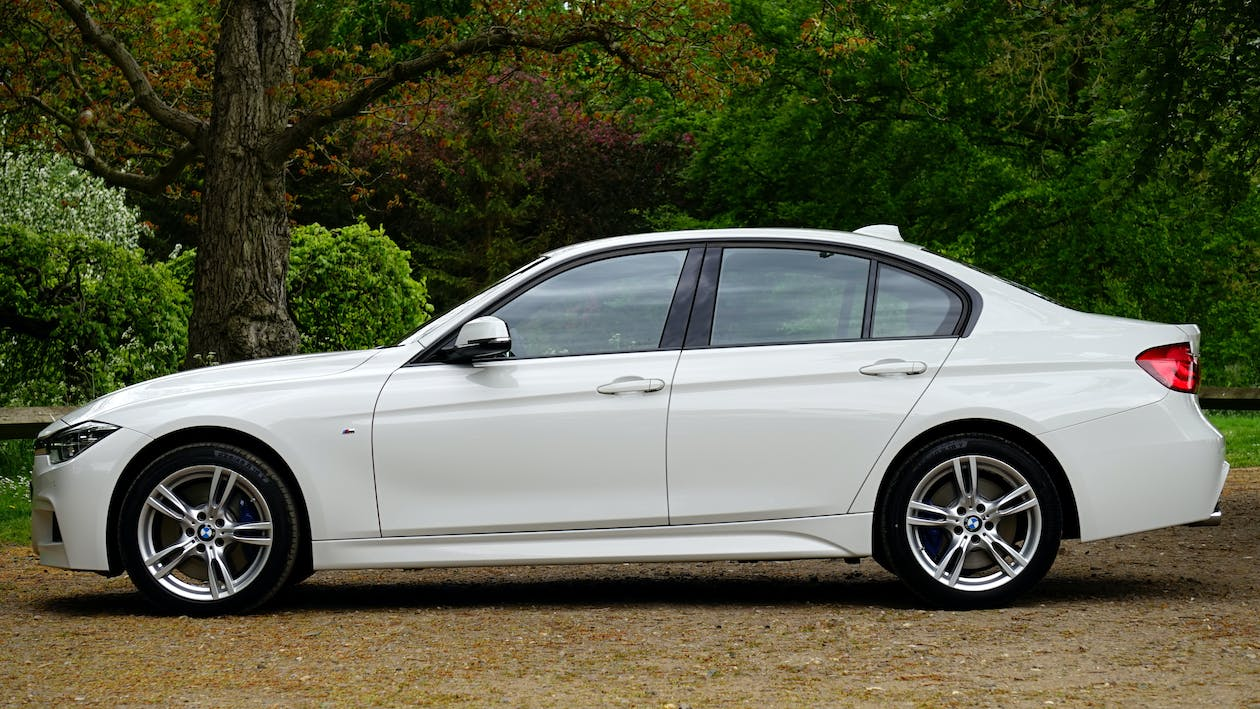
Aside from a house, a car is one of the most expensive items you can purchase, so determining financing is one of the first steps in purchasing a car. If you’re in the market for a new car, don’t wait until you’ve signed the papers to consider how you’ll pay for it.
Here are 6 clever ways to finance your next vehicle.
Before you walk into a dealership, speak with a lender
When you speak with a lender, your assets, liabilities, and credit rating will be evaluated to see if you qualify for a car loan for a specific amount. Walking into a dealership with pre-approval can expedite the buying process because both parties are aware that you have a set limit and there is less chance of getting a bad deal.
If you are unsure whether you should only buy from a car dealership, you can call GetPaydayLoans to learn more about what kind of fast loan you could get if you plan to buy a car.
Keep the loan term as short as possible
Shorter loan terms result in higher repayments, which is exactly what you want. In general, the longer it takes to repay a car loan, the higher the interest rate. It may be tempting to spread out your loan repayments over a longer period of time, thereby lowering your monthly payments, but you’ll also be paying more in interest for a depreciating asset.
Put down the largest deposit you can afford
Avoid owing more than the car is worth by making the largest car loan deposit you can afford, especially if it’s a new car, which will depreciate faster than a used vehicle. An initial payment of 20% or more of the purchase price is usually a good place to start. So, if you’re buying a car for $25,000, a 20% deposit is $5,000.
Pay your taxes/fees/’extras’ in cash
A car purchase includes numerous miscellaneous costs, such as registration fees, sales tax, documentation fees, and any optional extras, such as extended warranties. If you include these fees in your financing, you will increase your loan amount, but not the value of the vehicle used to secure the loan.
Before entering the dealership, check your credit score
Paying off your debts and making on-time payments can help you improve your credit score over time, and a good credit score can help you save money on your car loan. Your credit score may also have an impact on the type of car loan you can obtain. A good credit score may qualify you for some of the higher-tier car loans and a larger loan amount.
Compare dealer financing to lender rates
In the excitement of purchasing a new car, some people overlook one minor (but critical!) detail: how to pay for those new wheels. Unless you have a spare $20k lying around, you have two options: dealer finance or a car loan from a lender.
Dealer finance is when the dealer contacts their preferred bank or lender and assists in arranging a loan for the vehicle. They handle everything, while you do very little. That is ideal! The other option is to apply for a car loan through a lender. You arrange the loan details yourself and use the funds to buy the car from the dealer.